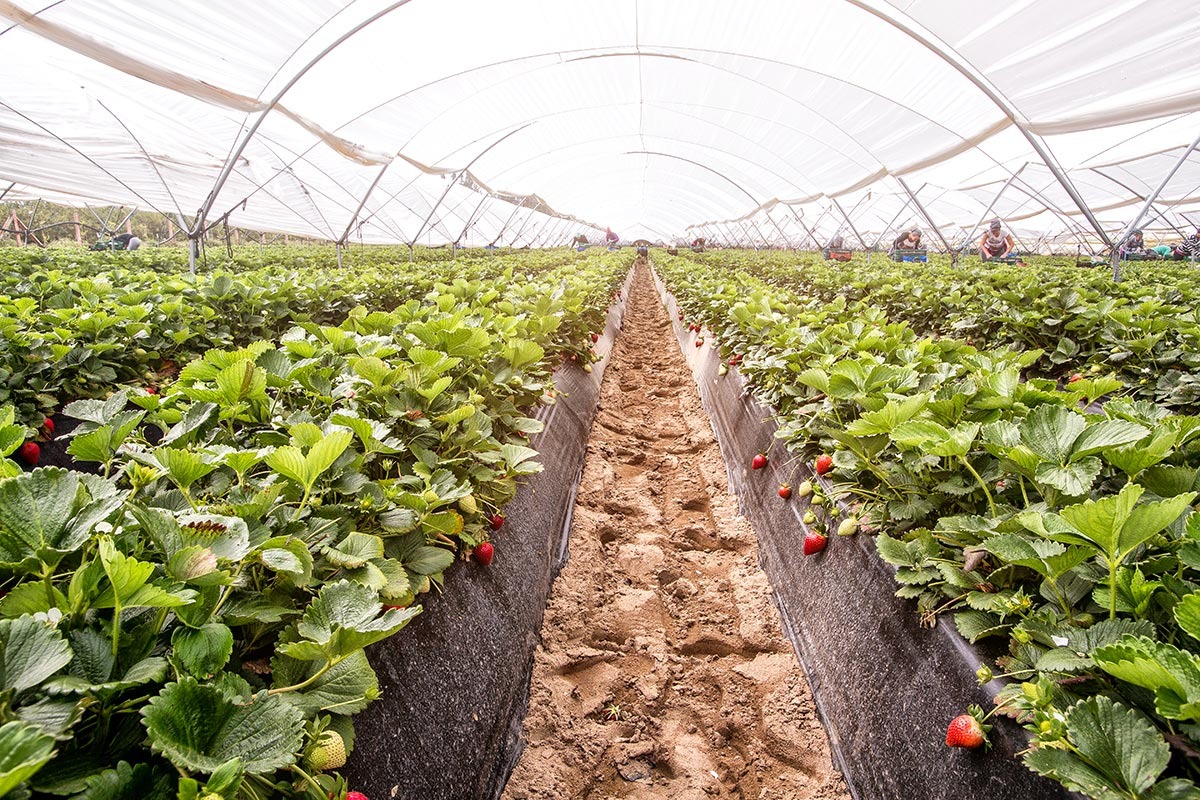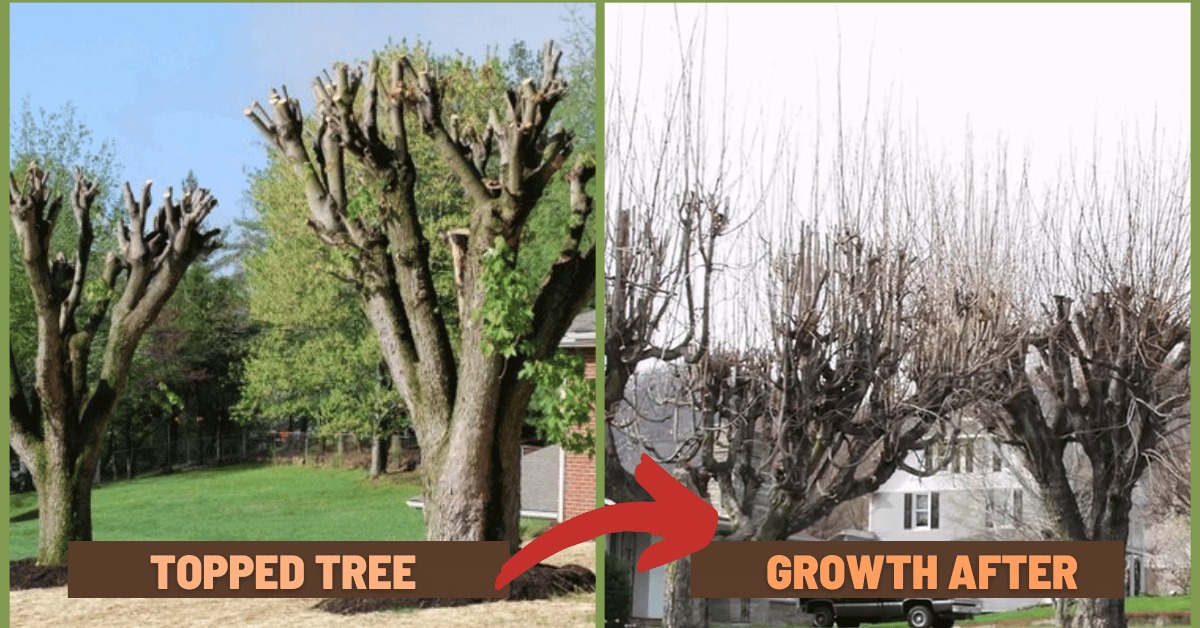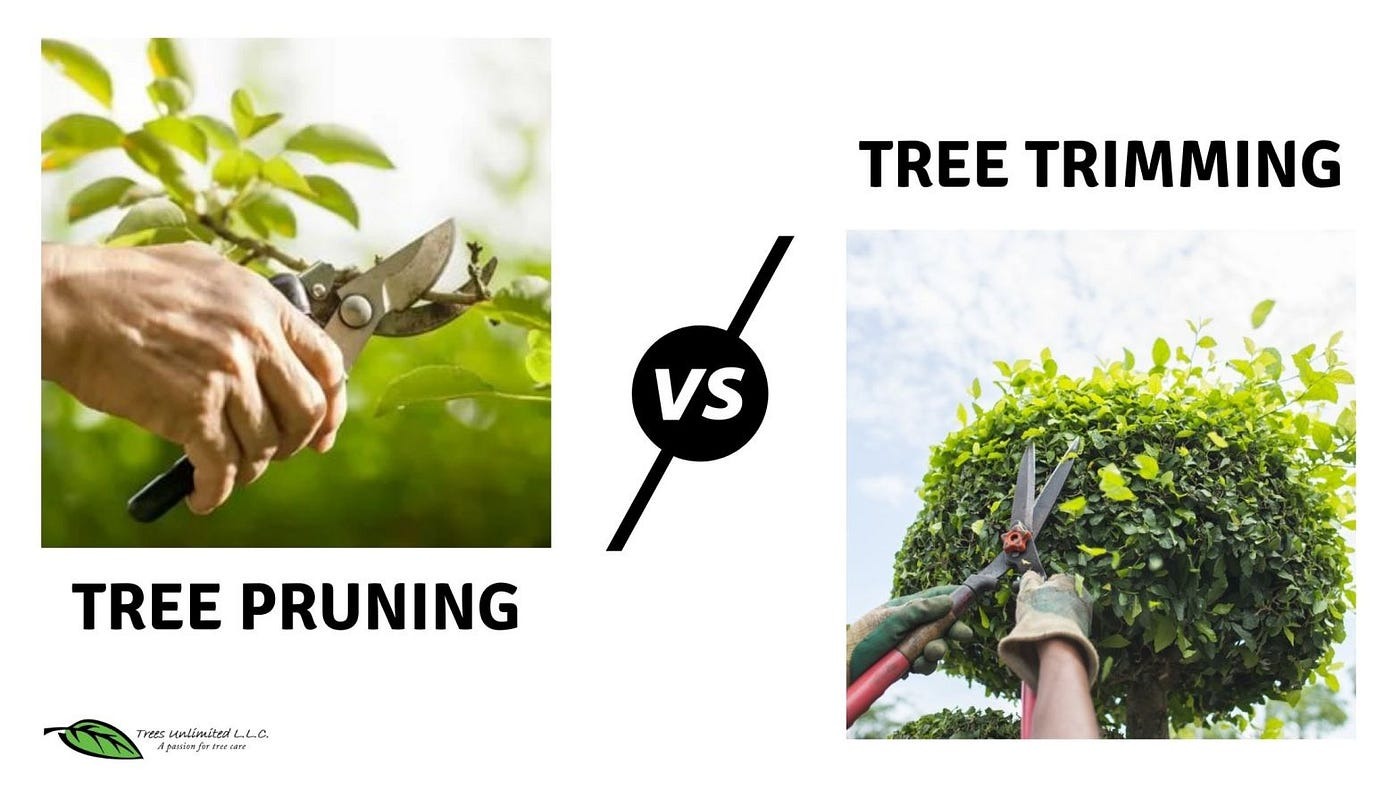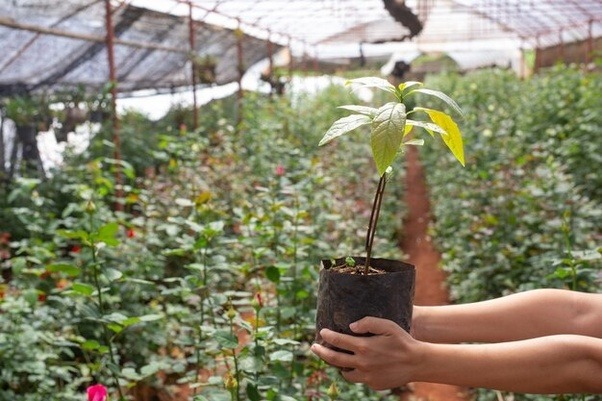Benefits of Plastic Mold for Agricultural and Gardening Applications

Plastic molds have revolutionized the agricultural and gardening industries, offering a plethora of advantages that enhance productivity, sustainability, and overall efficiency. These molds, crafted with precision and innovation, cater to diverse needs within these sectors, providing indispensable benefits.
Increased Durability
One of the primary advantages of utilizing plastic molds in agricultural and gardening applications is their exceptional durability. These molds withstand various environmental conditions, including fluctuating temperatures, moisture, and exposure to chemicals or fertilizers. Their resilience ensures prolonged usage without compromising structural integrity.
Customization and Versatility
Plastic molds offer a remarkable level of customization and versatility. They can be tailored to suit specific shapes, sizes, and designs required for planting trays, containers, or specialized agricultural implements. This adaptability facilitates efficient space utilization, optimal plant growth, and streamlined gardening processes.
Cost-Effectiveness
Compared to traditional materials like wood or metal, plastic molds are more cost-effective. Their manufacturing process allows for mass production at a lower cost per unit, making them accessible for both large-scale farming operations and individual gardeners. Additionally, their longevity reduces the need for frequent replacements, further contributing to cost savings.
Lightweight and Maneuverability
The lightweight nature of plastic molds enhances maneuverability and ease of handling. This characteristic is especially beneficial in gardening, where frequent relocation of pots, trays, or other implements is necessary. The ease of transport ensures convenience for gardeners and agricultural workers alike.
Eco-Friendly Considerations
Certain types of plastic molds are crafted from recyclable materials, aligning with sustainability goals. Recycling these molds at the end of their lifecycle minimizes environmental impact, contributing to the circular economy concept prevalent in modern agricultural and gardening practices.
Conclusion
Plastic molds have emerged as indispensable tools in the realm of agriculture and gardening. Their durability, customization options, cost-effectiveness, and eco-friendly attributes make them a preferred choice for enhancing productivity and sustainability. As these industries continue to evolve, the integration of innovative plastic mold technologies will undoubtedly play a pivotal role in shaping their future.




